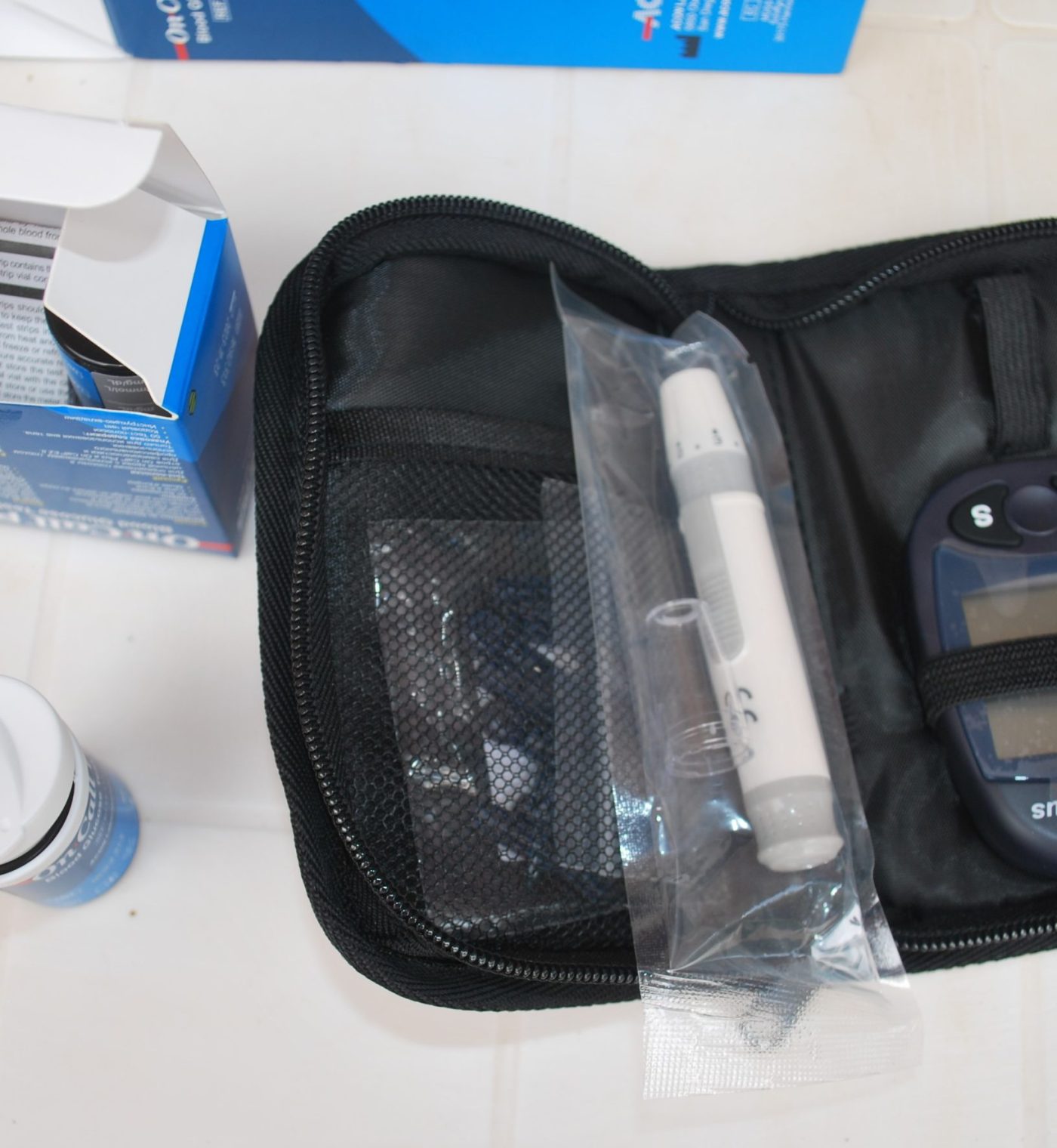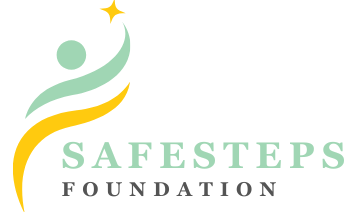The issue
In Uganda, T1D is growing at 10.6% each year. In 2022, 1 in 3 young people with T1D died without a diagnosis. The number of people living with T1D was estimated at 16,090 in 2022. The average number of healthy years lost to T1D per person (diagnosed at 10) is 48.6 years.
Safe Steps Foundation recognizes the importance of addressing T1D within our type1 diabetes care initiative branded STAR.
Our T1D intervention approach is multifaceted, aiming to offer comprehensive support and resources to individuals grappling with the condition, including children aged 1-12 & adolescents aged 13-25 (STAR warriors), and families of children with T1D (STAR Guardians).
Our efforts encompass direct treatment and care for T1D patients and their families, alongside strengthening local health systems through initiatives like training healthcare workers.

Our main actions
Timely screening & Diagnosis
We are currently assisting children and adolescents in verifying their status through timely screening, Quarterly HbA1C testing, and training healthcare providers to perform screenings.

Treatment & Care
1. Effective Blood Glucose Control: Safesteps foundation ensures children with T1D receive personalized insulin therapy, empowering them to maintain optimal blood glucose levels and reduce the risk of complications.
2. Comprehensive Self-Management Education: We provide thorough training for children and their families on insulin administration, blood sugar monitoring, and recognizing symptoms of hypoglycemia and hyperglycemia, ensuring they confidently manage T1D.
3. Nutrition and Exercise Support: Our tailored guidance on balanced nutrition and exercise helps children understand the impact of diet and physical activity on blood glucose, promoting overall health and well-being.
4. Access to Advanced Monitoring Tools: We support families in utilizing glucometers or continuous glucose monitors (CGM), enabling real-time blood sugar tracking and more precise diabetes management.
5. Holistic Psychosocial Support: SSF offers emotional and mental health support, helping children and their families navigate the challenges of living with T1D, improving their quality of life.
Advocacy & Awareness
1. Increased Public Awareness: SSF conducts education campaigns to raise awareness about T1D, helping the public understand its symptoms, challenges, and the importance of early diagnosis, reducing stigma and misinformation.
2. Affordable Access to Essential Supplies: We advocate for accessible and affordable insulin, glucose monitors, and other diabetes management tools, ensuring that children with T1D can access the care they need without financial barriers.
3. Comprehensive Insurance Coverage: SSF fights for policies that expand insurance coverage for T1D treatments, including insulin and glucose monitoring devices, to ensure families are fully supported in managing the condition.
4. Support for Groundbreaking Research: By pushing for increased funding and promoting clinical trial participation, we ensure that children with T1D benefit from the latest advancements in treatment and the hope of a future cure.
5. Empowerment Through Education and Advocacy: We provide platforms and resources for families to advocate for themselves, offering tools to improve diabetes management while amplifying the voices of those affected by T1D in policy discussions.
Health System Strengthening
1. Integrated and Accessible T1D Care: SSF advocates for the integration of T1D care into primary healthcare systems, ensuring that insulin provision, blood glucose monitoring, and regular check-ups are readily accessible to all patients, especially in rural areas.
2. Specialized Workforce for T1D Care: We provide specialized training for healthcare workers to manage T1D effectively, ensuring that patients receive expert care, including insulin therapy and diabetes education, from skilled professionals at all levels of the healthcare system.
3. Reliable and Affordable Access to Insulin and Supplies: SSF strengthens supply chains and develops sustainable procurement mechanisms to ensure that insulin and essential diabetes supplies, such as glucometers and test strips, are consistently available and affordable for everyone, regardless of location.
4. Data-Driven T1D Care Through Health Information Systems: We implement robust health information systems that monitor T1D patient outcomes, ensuring effective resource allocation, continuous care, and the use of data to improve patient management and reduce complications.
.
Our Program Partners




